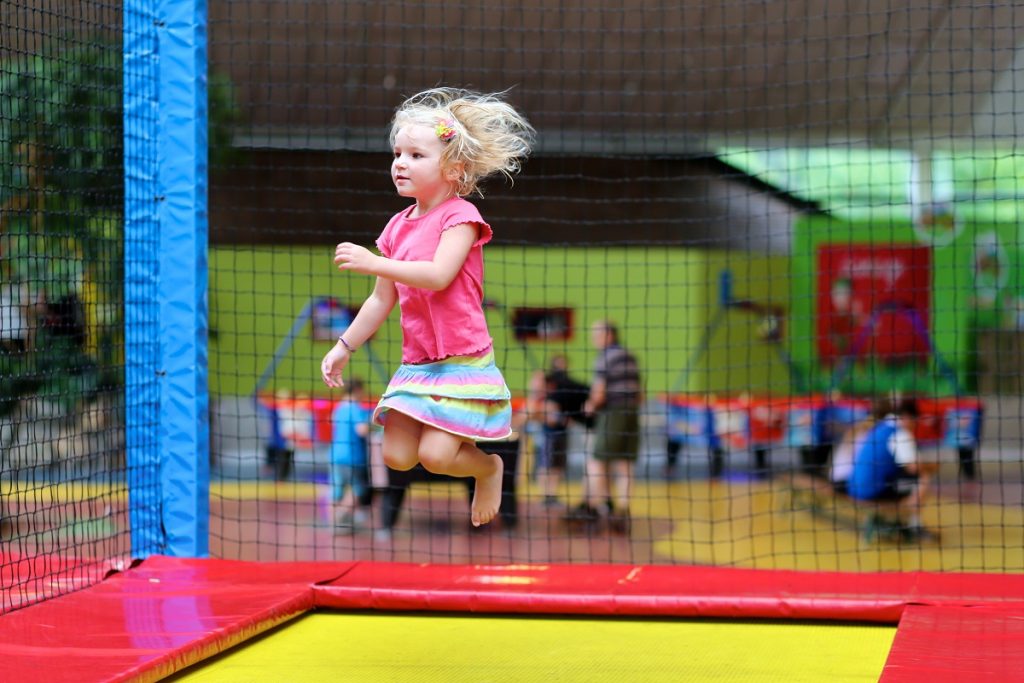- Creating an obstacle course is an activity that can help develop coordination and spatial awareness.
- Arts and crafts activities can help enhance fine motor skills, dexterity, and creativity.
- Painting with brushes and sponges helps build hand-eye coordination and finger control.
- Threading and beading provide opportunities for developing finger dexterity, concentration, and patience.
- Sensory play sessions provide a safe environment for learning important motor skills.
As a parent, you play a crucial role in supporting your toddler’s development, including their motor skills. Motor skills involve coordinating and controlling muscles, allowing your child to perform various physical activities. Engaging in activities that promote motor skills enhances their physical abilities and contributes to their overall growth and cognitive development. This guide will provide you with five engaging activities to boost motor skills for toddlers. These activities will not only entertain your child but also help them develop their gross and fine motor skills in a fun and interactive way.
1. Obstacle Course
Create a mini obstacle course in your living room or backyard to challenge your toddler’s gross motor skills. Set up cushions to jump over, tunnels to crawl through, and balance beams to walk across. Encourage them to climb over low obstacles and crawl under furniture. This activity enhances their coordination, balance, and spatial awareness. You can also incorporate various tasks like throwing a ball into a basket or catching bubbles while navigating through the course to enhance their hand-eye coordination.
2. Arts and Crafts

Arts and crafts activities can help toddlers hone their fine motor skills. Set up a variety of projects that require your child to use their hands in precise ways. This will help improve their dexterity and coordination while helping them become more creative.
Here are tips for introducing your child to arts and crafts:
Start Simple
Begin by introducing the basic concepts of arts and crafts to your child. Choose items that are easy to use, like paper, crayons, markers, paintbrushes, construction paper, and glue sticks. Allow your toddler to experiment with these materials to explore their creativity and build confidence. Guide as needed but don’t be too directive so that they can enjoy the process without feeling overwhelmed or frustrated.
Be Patient
Toddlers have short attention spans and may become easily frustrated when working on a project. Understanding this fact is key in ensuring they remain engaged and interested in the activity. Provide plenty of verbal support and encouragement throughout the process as this will help to keep them motivated.
Get Creative
Getting creative with your arts and crafts projects can be fun and rewarding. Try making a family scrapbook, decorating t-shirts with fabric paint, or constructing a model airplane together. These activities are great for bonding and teaching valuable skills such as problem-solving and teamwork.
Make it Fun
It is important to ensure your toddler enjoys the arts and crafts activities you are doing together. Incorporate fun elements like music, stories, games, or videos to keep them from becoming bored. With these simple strategies in mind, you can ensure that your child has a positive experience with every arts and crafts project they take part in.
3. Painting with Brushes and Sponges
Encourage your toddler’s creativity and fine motor skills by engaging in painting activities. Provide them with child-safe paint, brushes, and sponges. Allow them to explore different painting techniques, such as using brushes to create strokes or using sponges for stamping. This activity helps develop hand-eye coordination, finger control, and the ability to manipulate objects. You can also introduce other materials like cotton balls, feathers, or textured objects for a multi-sensory painting experience.
4. Threading and Beading

Engage your toddler in threading and beading activities to enhance their fine motor skills and hand-eye coordination. Provide them with large beads and a shoelace or string. Encourage them to thread the beads onto the string, creating patterns or necklaces. This activity promotes finger dexterity, concentration, and patience. You can also use different types of beads or objects with different textures to introduce sensory elements to the activity.
5. Sensory Play Sessions
Sensory play sessions are fun and interactive to boost your toddler’s motor skills. Utilizing a fun sensory play area for toddlers helps them engage their primary senses – touch, sight, hearing, movement, and balance. Through these activities, your child can explore the world around them while developing vital physical and intellectual skills. From jumping on cushions to playing with play dough, sensory play sessions provide a safe environment for your toddler to learn important motor skills as they have fun.
In Summary
Engaging in activities that boost motor skills is essential for your toddler’s development. The five activities mentioned above – obstacle courses, sensory play with playdough, painting with brushes and sponges, threading and beading, and sensory play sessions – provide a range of opportunities for your child to enhance their gross and fine motor skills in a fun and interactive way. Incorporating these activities into your daily routine can support your toddler’s physical and cognitive growth while providing them with enjoyable learning experiences. Remember, each child develops at their own pace, so be patient and provide a nurturing environment that encourages exploration and discovery.

